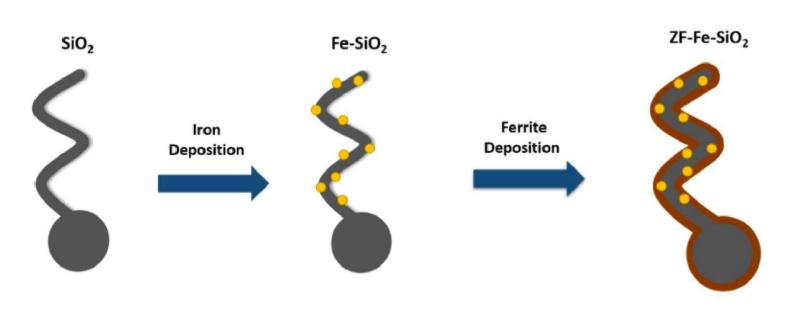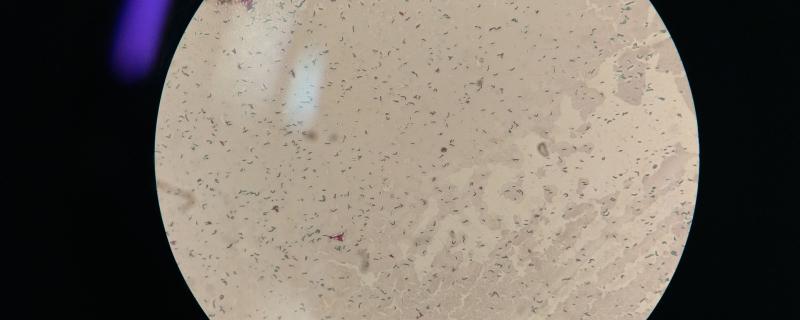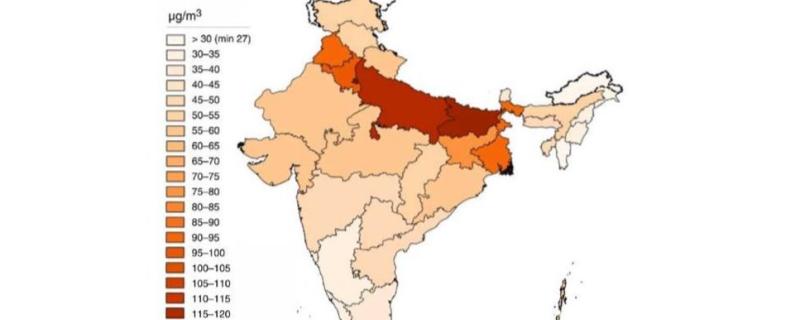Scientists from CSIR-Indian Institute of Toxicology Research (CSIR-IITR) and Babu Banarasi Das University in Lucknow, Uttar Pradesh have been studying the properties and behaviour Methylparaben, a commonly used preservative, under various circumstances. Their study reveals that, when exposed to Ultraviolet (UV) light, the molecule, not just loses it ability to effectively perform as a preservative, but also could damage human skin cells.
Health
Vaccination is a very familiar term to us. Every newborn is recommended to follow a vaccination/immunisation schedule. Yet, many of us do not know what vaccines really are or how they prevent diseases.
In an interdisciplinary study, scientists from the Indian Institute of Science, Bangalore, display how the use of nanotechnologies can be useful in treatment of cancer.
Scientists from the Central University of Gujarat (CUG), Gandhinagar, use computers to design the most efficient drug against TB. They apply pharmacophore modelling approach to understand the interactions between proteins found in Mycobacterium tuberculosis (Mtb) and the compounds which can suppress the bacteria.
The milk you consume might contain antibiotic resistant strains of bacteria, point out scientists from Department of Veterinary Epidemiology and Preventive Medicine, College of Veterinary and Animal Sciences, Kerala, in their recent study. A drug resistant strain of Stphylococcus aureus had been isolated from udders of cows with virulence factor Panton-Valentine Leukocidin (PVL).
3.6 million lives could be lost in 2050 due to air pollution, says a recent study.
According to a new study by researchers from the Indian Institute of Technology-Bombay (IIT-B), the Health Effects Institute (HEI), and the Institute for Health Metrics and Evaluation (IHME), in 2015, only one in 1000 Indians lived in areas where particulate pollution did not exceed the permissible levels prescribed by World Health Organization (WHO).
With an increase in the occurance of cancer predicted in the coming years, scientists from the Indian Institute of Science, Bangalore, make astounding discoveries on the molecular mechanism behind the spread of cancer, which can help better understand and treat the disease.
Most studies on air pollution focus on intra-city roads. In India, highways constitute 40% of the traffic, making it important to effects of air pollution on and near highways. Scientists from IIT, Kharagpur explore this understudied phenomenon.
Scientists from the Indian Institute of Technology (IIT) –Madras have developed an efficient, safe and cost-effective treatment strategy for fighting fungal infections, by linking anti-fungal drugs with sugar polymers in order to create gel-like formulations called hydrogels.
The screening of humans and people is important to understand and mitigate the risk of a Zika virus epidemic. In their recent study scientists from the indian institute of Science, Bangalore, chalk out the details of how such a program should be carried out.








